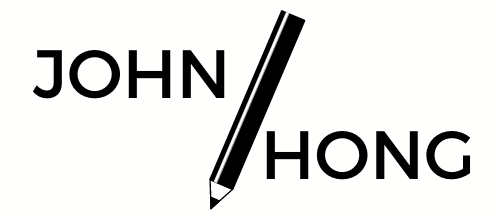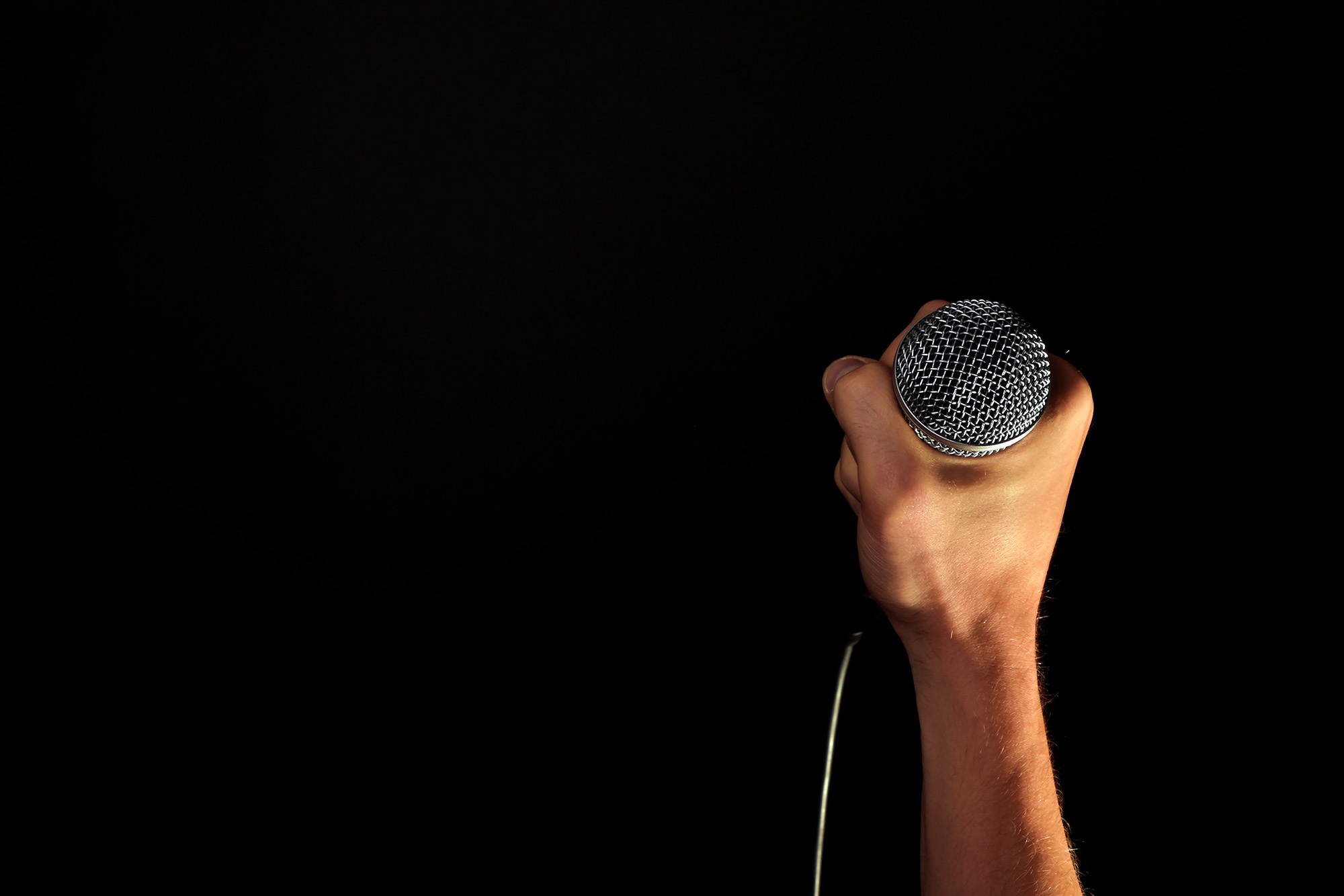WHEN I RUN INTO INSPIRATION BLOCKS, I find it helpful to change my environment. Usually the feeling I experience of being “stuck” comes from being trapped in my own routine. I get in a rut–I do the same thing when I wake up, and I do the same thing when I go to bed. Over time, routine like that seeps in to your brain, and there’s a looming sense of helplessness that paralyzes you.
(Hold this thought.)
Sometimes, I’m able to use external events–a crazy-people protest outside my alma mater, for instance–as a catalyst for breaking that routine in a big way. But a lot of times I have to create it for myself in little ways, too.
So I shook up my routine. I went to somewhere I’d never been before, ordered a coffee (a drip with soy, because Brooklyn) and continued a book I’d been reading:

Can’t recommend this book enough.
As I was reading, I drew some parallels to thoughts I’d had about the election and how batshit crazy it has made everyone.
Folks, even political junkies are sick of the election. We’re all sick of posts telling us to be OUTRAGED in ALL CAPS by THIS EMAIL or THIS TAPE or that THIS IS HOW TRUMP WINS. There is a point where civic engagement is healthy,[ref]HILLARY. Vote for Hillary. Don’t be crazy.[/ref] even essential, but we’ve all reached a breaking point.

And the thing is, I’m not so sure that it will be over after the votes are counted.
No, I’m not talking about the (probably inevitable) accusations of voter fraud and vote recounts that will drag this clusterf— on for weeks. I’m talking about our empathy deficit. I’m talking about seeing things through our own political views and partisanship, but labeling those with other views as awful, without even trying to understand where they’re coming from.
Put frankly, conflict is winning over clarity, especially in media all over.[ref]Jon Stewart: “What would you want 24 hour media to be incentivized for? Clarity. What is it actually incentivized for? Conflict.”[/ref] People eschew more traditional, neutral media for a Facebook post that confirms what they think. It’s why firebrands like Tomi Lahren can get >65,000,000 views on Facebook while ranting about a football player not standing for the national anthem, whereas a more neutral outlet like ABC–even while apparently drawing record numbers of viewership–can only manage 8 million.
People, liberal, democrat, republican, Bernie Bro, having more interested in feeling right than in being right. This is highlighted by BuzzFeed’s viral story on partisan Facebook pages, which found that the more false information a Facebook page posted, the more the page was rewarded with Likes and Shares. People are retreating into their own echo chamber, and are much more likely to believe that traditional media sources are biased or even dishonest.
Conflict beats clarity.
Naturally, as a musician, I wonder what I can do to help. What can we do to turn the page on an unprecedented political climate? What can we do to set new standards for discourse? As I page-turned in The Shallows, I wondered if maybe the human race was just too far gone: that our brains were irretrievable from the cesspool that is the internet.
Turns out it’s a mixed bag.
The Internet Makes Us Need Art More, Not Less
There’s good news and bad news.
BAD NEWS: Brains are easily malleable to new experiences. Turns out when you’re constantly exposed to new stimuli like a machine in your hand that contains the entirety of human knowledge, your biology changes. In one famous 2008 study, researchers hooked up people to an MRI scanner, some experienced internet users and some with no experience. They found that power users of the internet had brain activity in different regions than those used by internet novices. But it gets weirder:
“The most remarkable part of the experiment came when the tests were repeated six days later. In the interim, the researchers had the novices spend an hour a day online, searching the Net. The new scans revealed that the area in their prefrontal cortex that had been largely dormant now showed extensive activity–just like the activity in the brains of the veteran surfers. “After just five days of practice, the exact same neural circuitry in the front part of the brain became active in the Internet-naive subjects,” reports Small. “Five hours on the internet, and the naive subjects had already rewired their brains.” He goes on to ask: “If our brains are so sensitive to just an hour a day of computer exposure, what happens when we spend more time [online]?”
It only took five hours of internet usage to noticeably rewire the neural circuitry of someone who had hardly used the internet previously. And this was 2008, folks.[ref]Literally three diplomas ago for me.[/ref]
Our constant exposure to the internet has fundamentally rewired the way our brains think. Our attention spans are down. We consume information in quick hits. We have no patience for long arguments or for nuance. Our brains literally hunger for easily digestible information–we’ve went from reading articles to skimming articles to just clicking headlines and moving on.
Just like we get in ruts with our day-to-day routines, we’ve also gotten in ruts with how we process information.
With everyone addicted to the kind of quick hits that headlines give us, it can be frustrating as an artist to make intricate and layered music in this world. But believe it or not, there’s also good news:
GOOD NEWS: Brains are easily malleable to new experiences. Just as we re-wired our brains to adapt to the internet age, we as artists can play a role in shaping brains to empathy. In giving people something to unify with, to combat the forces of division we see every day online.
To best illustrate how we do this, I’d like to quote superstar musician Amanda Palmer’s memoir:
…after hundreds of signings, after talking to thousands of fans, I finally started to believe that what I did was just as useful as what they did.
They spoke to me directly. In the signing line. Over Twitter. A lawyer loved listening to my music on her long commute to work. An ecologist said my first album got him through final exams. A young doctor had a psychotic break during med school, and said that listening to my song “Half Jack” over and over again in the hospital had helped get him through. A professor had met his wife years before at one of my concerts,[ref]Edited for clarity. Actual text here was “before at a Dresden Dolls concert”, alluding to her two-person band.[/ref] and now she was in a coma following a car crash; he sent me a necklace of hers as a keepsake.
These were “real” people with “real” jobs, making society work. And there were a lot of them.
I would take in all these stories, and one by one, ten, a hundred, a thousand stories later… I had to believe it. I would hold these people in my arms and I would feel the whole synchronicity of life and death and music envelop us.
And one day I turned around and it had just happened without my realizing it.
I believed I was real.
As an artist community, we may rightfully decry the lack of public support for art and music. But that lack of support cannot be confused for a lack of need.
Yeah, musicians don’t cure cancer, or combat climate change, or send civilization to Mars. But it makes what we do no less essential. What the musician does is return us to our most essential truths. We come from the same stuff. We all love. We all despair. We all fear. For all of our cavernous differences, both the alt-right and progressives can both appreciate gorgeous pieces of music:
Music doesn’t just remind us that we’re real. It reminds everyone that they’re real, too.
Thanks for reading. I’m John, a classically trained clarinetist who writes about important shit that most-of-the-time relates to music. If you’d like to send some extra love my way, use a click or two to buy me a coffee or a beer HERE. It takes a lot of money to keep the website running and I appreciate it more than you know. I also accept love via Facebook shares! If you’d like to reach me personally, contact me through this form, or leave a comment below.


Recent Comments